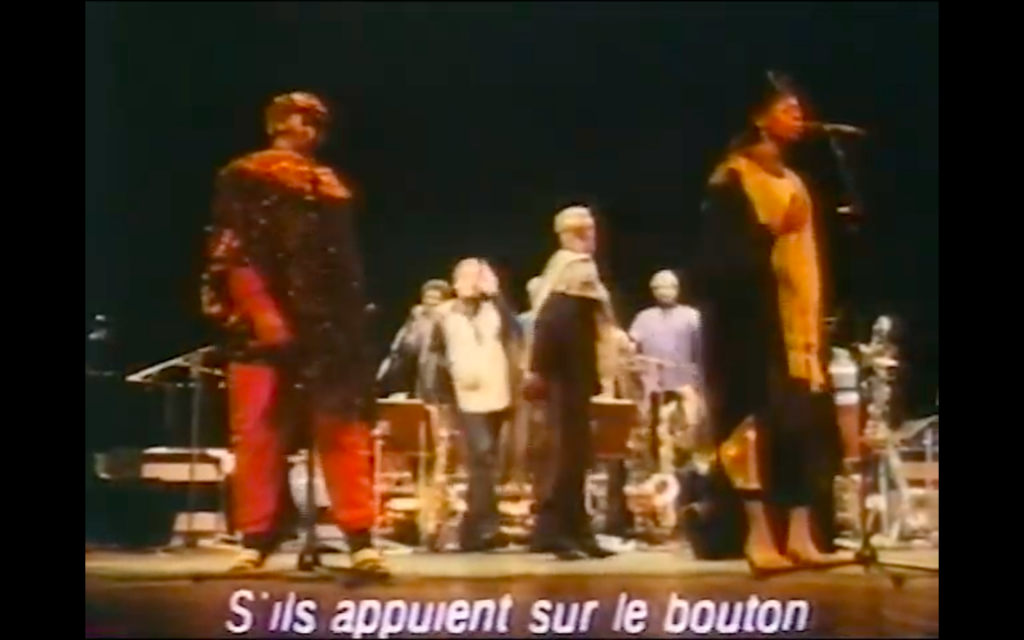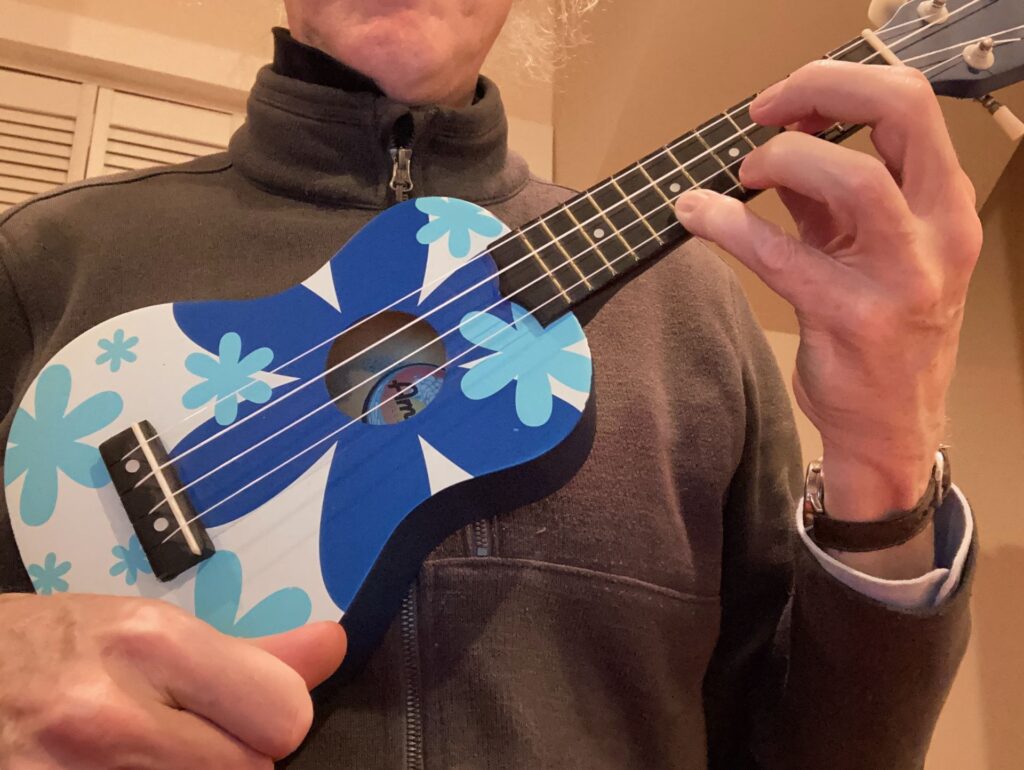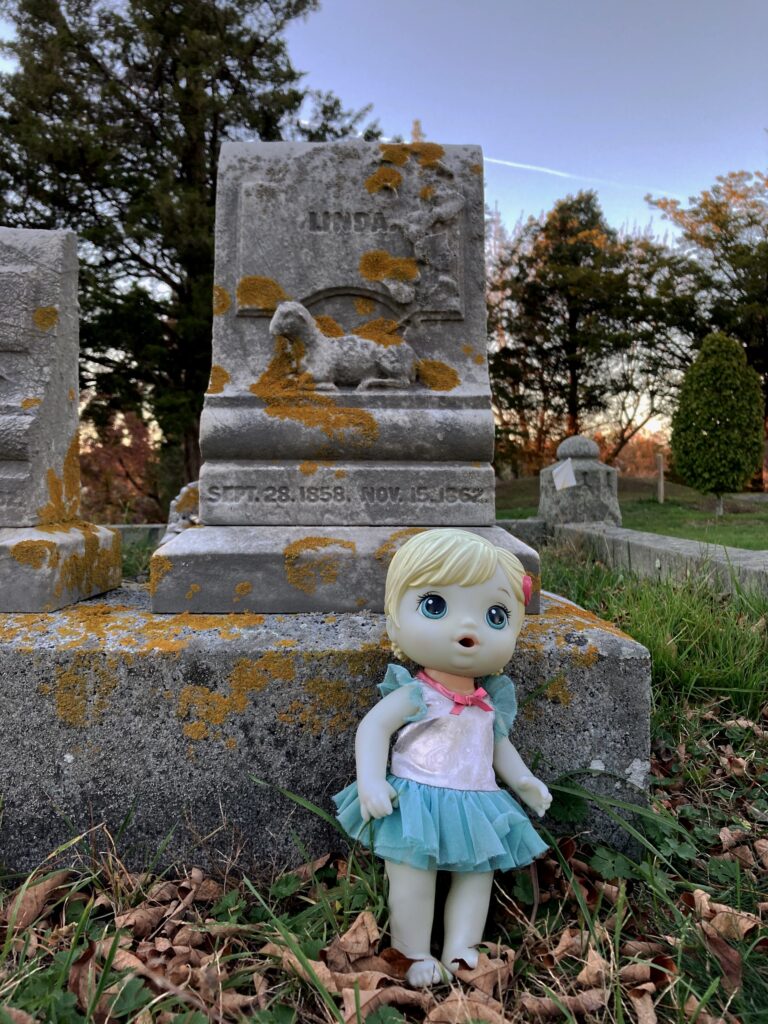Conservative lawyer David French is now writing a column for the New York Times. Yoicks. A conservative writing for the bastion of liberalism in the U.S.?
Well, according to this opinion piece, French had the temerity to stand up for his “commitment to the classical liberal ideal of government as neutral guarantor of free expression and association that the new conservative intellectuals have abandoned.” Beyond that, he got hated on by conservatives in social media when he, a white man, adopted a Black child. It sounds like he kind of got kicked out of the conservative club.
In his first column in the Times, French wrote:
“Any time my tribe or my allies are under fire, before I yield to the temptation of a reflexive defense, I should apply my principles and carefully consider the most uncomfortable of thoughts: My opponents might be right, my allies might be wrong and justice may require that I change my mind. And it may, in all likelihood, require that I do this again and again.”
Presumably French is actually talking about himself. But he might as well be talking about us liberals and progressives and leftists.
You know what, sometimes we’re wrong. I won’t talk about liberals and progressives, but I can talk about my people, the leftists. Before my day, leftists in the 1930s were wrong about Stalin and the Soviet Union; we had to change our minds, which forced us to rethink what we meant by socialism and communism: we had to be reminded by conservatives that totalitarianism is always wrong, even when it masquerades as socialism or communism. In my day, leftists in the 1970s and 1980s veered from freedom of expression into hyperindividualism, and we mocked the conservatives who held on to values of community. We were wrong, and we began to realize individual expression had to be balanced against community. (By the way, this became even more clear when some leftists veered into libertarianism, went to Silicon Valley, and started creating a new kind of totalitarianism.)
And today? Hmm…some leftists are veering away from a commitment to the ideal of government as neutral guarantor of free expression and free association…in other words, some leftists are also veering towards totalitarianism.
We all need to listen to one another, without yielding to the temptation of reflexive defensiveness — liberals and conservatives, progressives and right-wing libertarians, leftists and today’s hyperindividualistic right wingers. We don’t have to agree — but if we listen, we might find we have to clarify our ideas or even change our minds.






